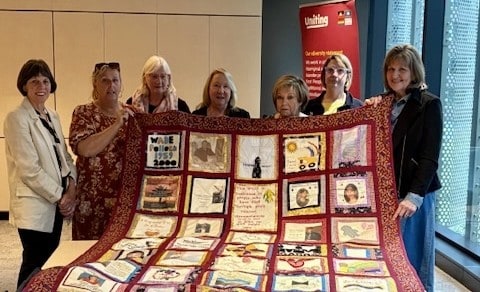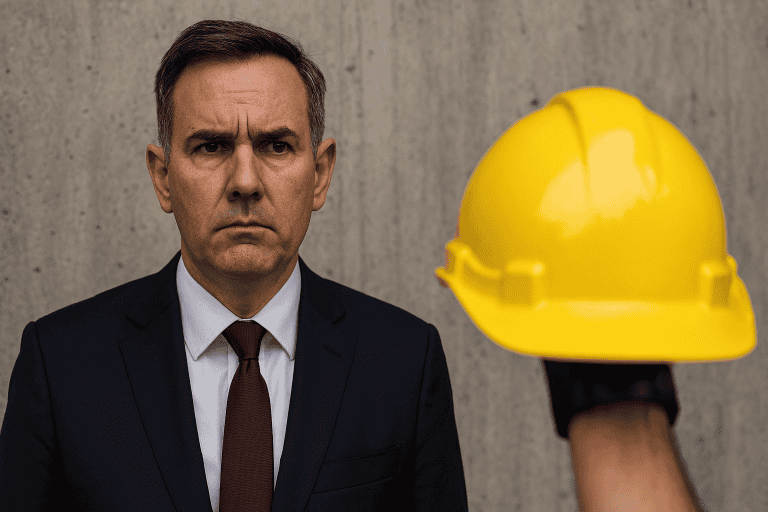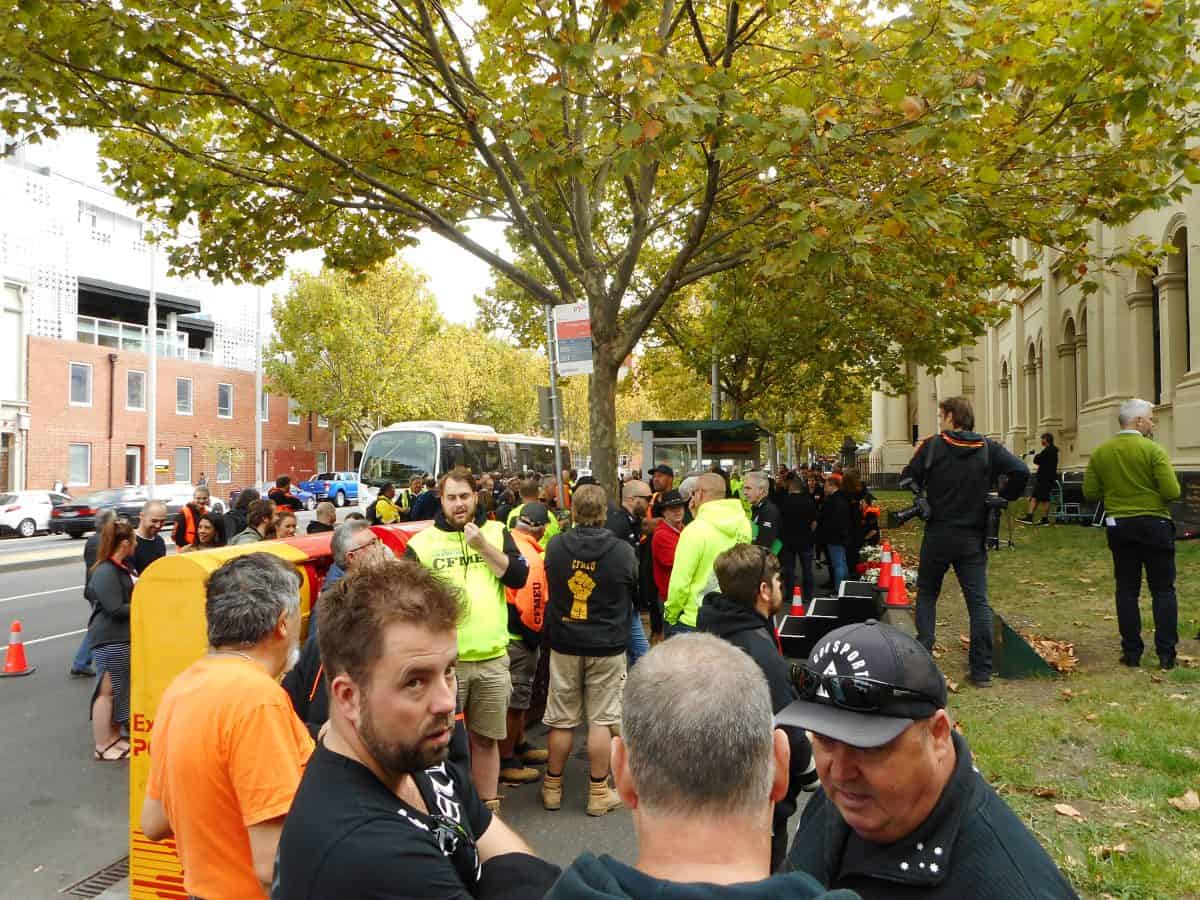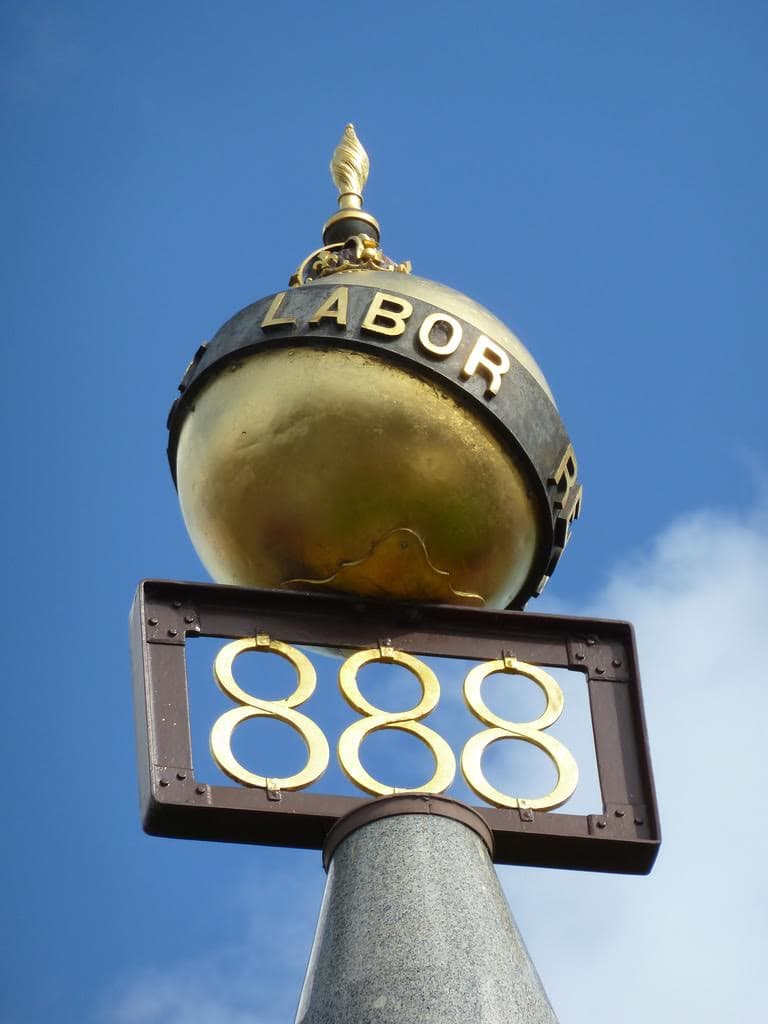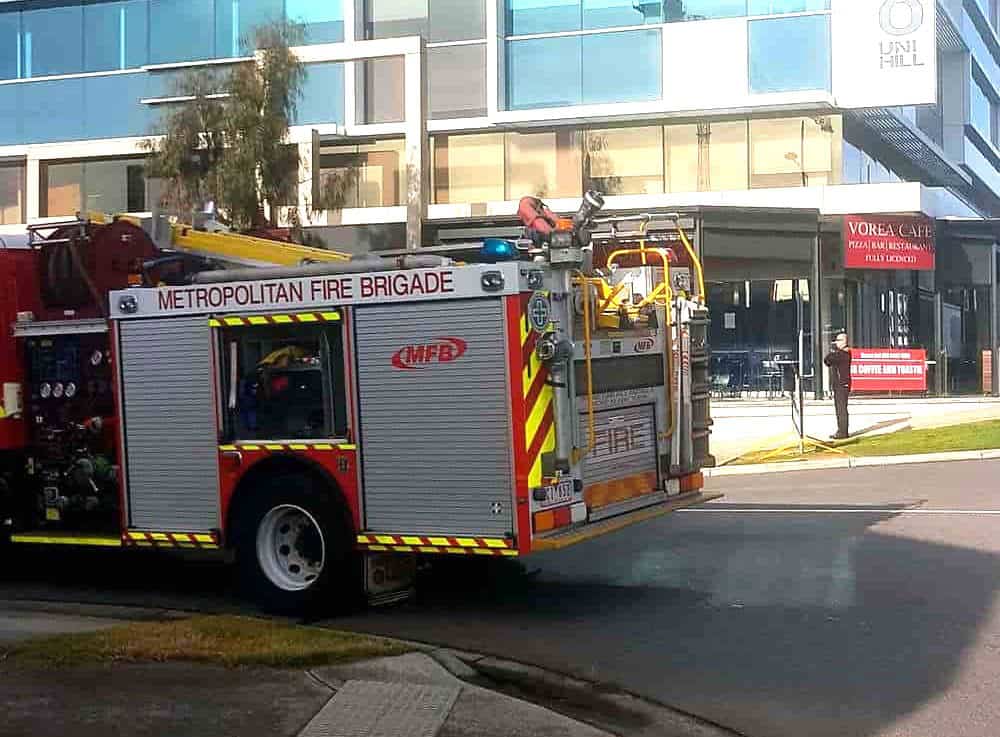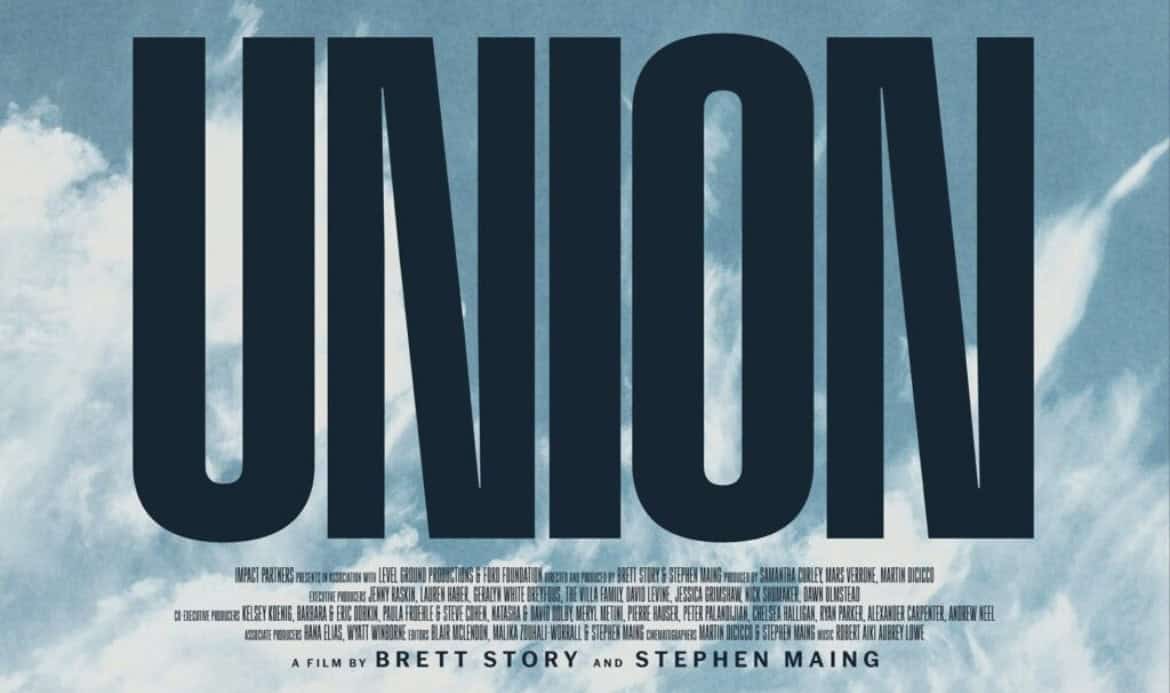Occupational health and safety (OHS) can feel like nothing but administrative work, wading through safety clutter. It is easy to forget that OHS is about preventing harm or managing the consequences. There are people behind the statistics and families behind the people. I find it important to keep myself grounded by attending small events that remind me of why I do what I do.
Last week, just before Australia’s Safe Work Month, I attended a small gathering of people affected by work-related deaths, which was organised by GriefWork.

